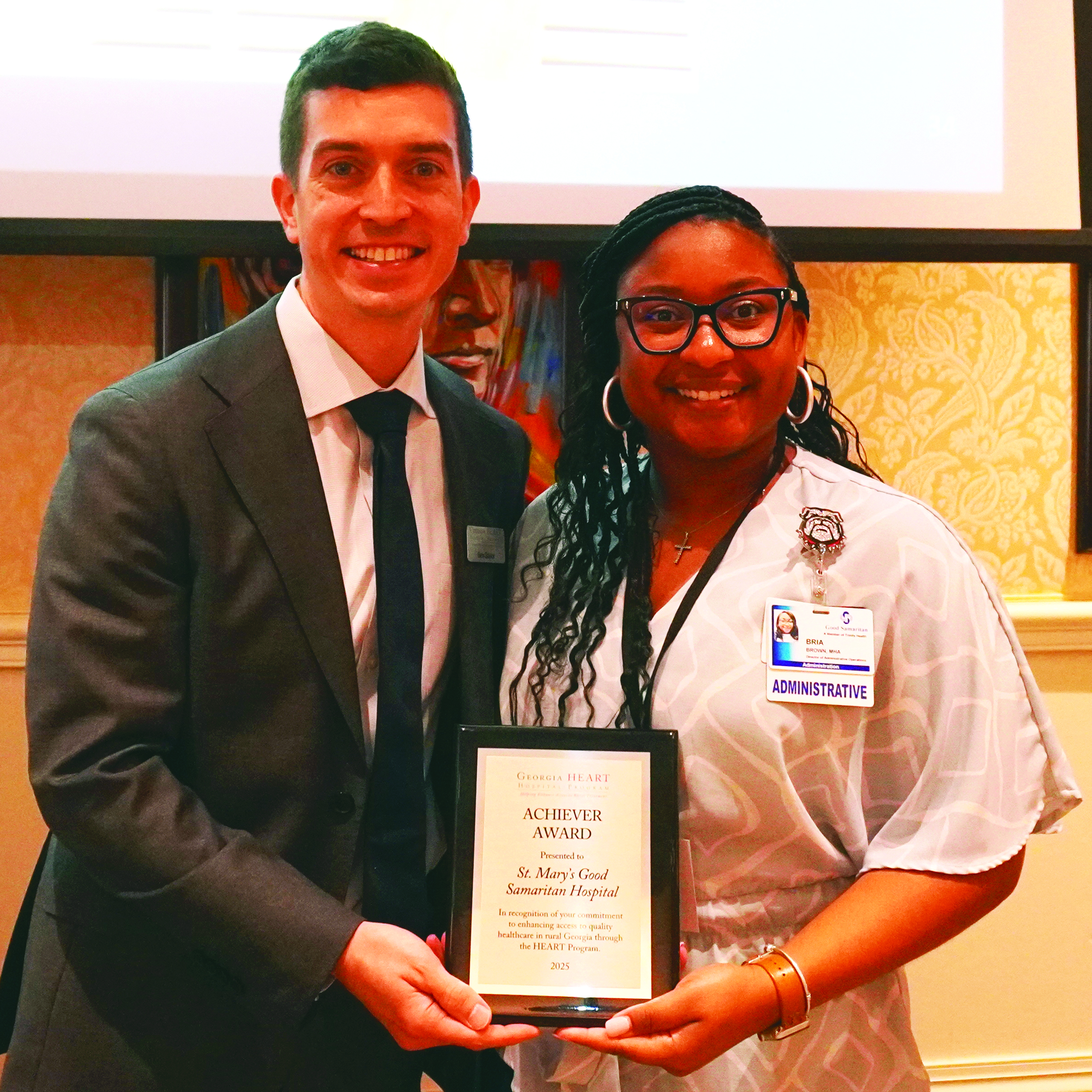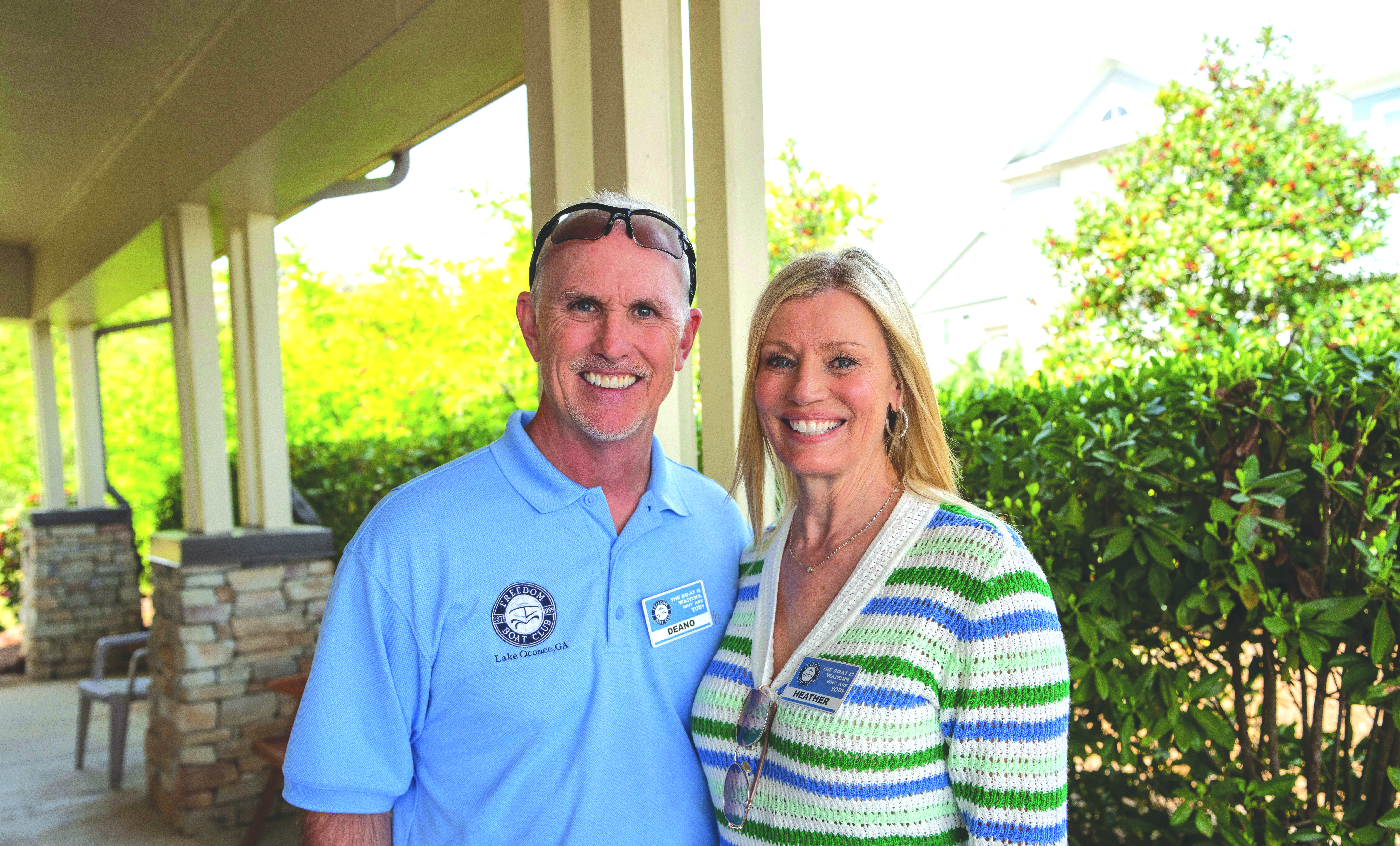PATHWAYS: Managing acute and chronic stress
Published 3:58 pm Tuesday, December 22, 2020

- Dr. Alyssa Musgrove
Stress is common during the holiday season. While the holidays certainly bring joy, they also bring a bevy of demands from decorating to shopping, cleaning to baking. Even though many of us may not be entertaining this year due to the current pandemic, we can still feel stress from the disappointment of not being able to see family and friends, or because we have to re-invent longstanding traditions in a more pandemic-friendly way.
During times of stress, our body goes into a “fight or flight” response, which cues the adrenal glands to release more stress hormones, such as cortisol and adrenaline. During periods of acute stress our blood pressure, heart rate and breathing increases and glucose is released into the bloodstream for energy. Meanwhile, our digestive, reproductive and immune systems are suppressed. Physical symptoms of acute stress can include tension headaches, difficulty sleeping, upset stomach, irritability and an inability to concentrate.
When stress is not properly addressed and becomes chronic in nature, it can lead to more serious health conditions and symptoms like depression, weight gain or loss, heartburn, ulcers, hair loss, fertility issues, skin problems, high blood pressure, abnormal heartbeat and even heart attack. Consistently high levels of excess cortisol can trigger the accumulation of belly fat and intensify cravings for salt, sugar and fat. What’s more, chronic stress weakens your immune system, making it difficult to fight off infection.
Fortunately, there are helpful strategies we can employ to better manage our stress — both during the holidays and throughout the year. Here are a few suggestions:
Avoid overwhelm by planning ahead.
Make a plan to set aside days for shopping and consider what you can buy online in order to save time and energy. Plan menus and make lists so you are prepared and can avoid scrambling at the last minute. Consider meal prepping for the week ahead if you know you will be strapped for time.
Stick to a budget.
Decide how much you want to spend and stick to it. Do not try to buy happiness with unwanted or unneeded gifts. People often appreciate thoughtful homemade items or consider having a family gift exchange where you buy for one person instead of everyone. And, of course, you can always give the gift of a donation to a charity in someone’s name.
Don’t give up healthy habits when your body needs them the most.
Overindulgence can lead to more stress, cravings and guilt. Be sure to get regular physical exercise. Sunlight exposure can help boost mood and immunity, so schedule some time to head outside and get some fresh air.
Make time to rest and recharge.
Be intentional about setting aside time to refresh yourself from life’s demands. Just 20 or 30 distraction-free minutes of an activity you enjoy, such as reading, listening to soothing music, taking a warm bath or spending time in the hot tub, can go a long way toward recharging your batteries.
Learn to say, “No.”
Remove things from your schedule to make room for activities you truly enjoy. Being over committed will just leave you feeling resentful and even more stressed.
If, despite your best efforts, you still find yourself persistently stressed, anxious, unable to sleep, irritable and feeling hopeless, don’t hesitate to seek professional help.
Pathways to Healing specializes in holistic chiropractic care. Dr. Alyssa Musgrove draws on a variety of techniques, including chiropractic, kinesiology, nutrition, food allergy testing and lifestyle counseling to assist clients in achieving optimal health and wellness in one setting. In addition, the practice is committed to being a valuable source of information so that people can learn how to live a healthy lifestyle and prevent future illness. Pathways to Healing is located at 1022 Founders Row, Lake Oconee Village, Greensboro. The office can be reached at 706-454-2040





